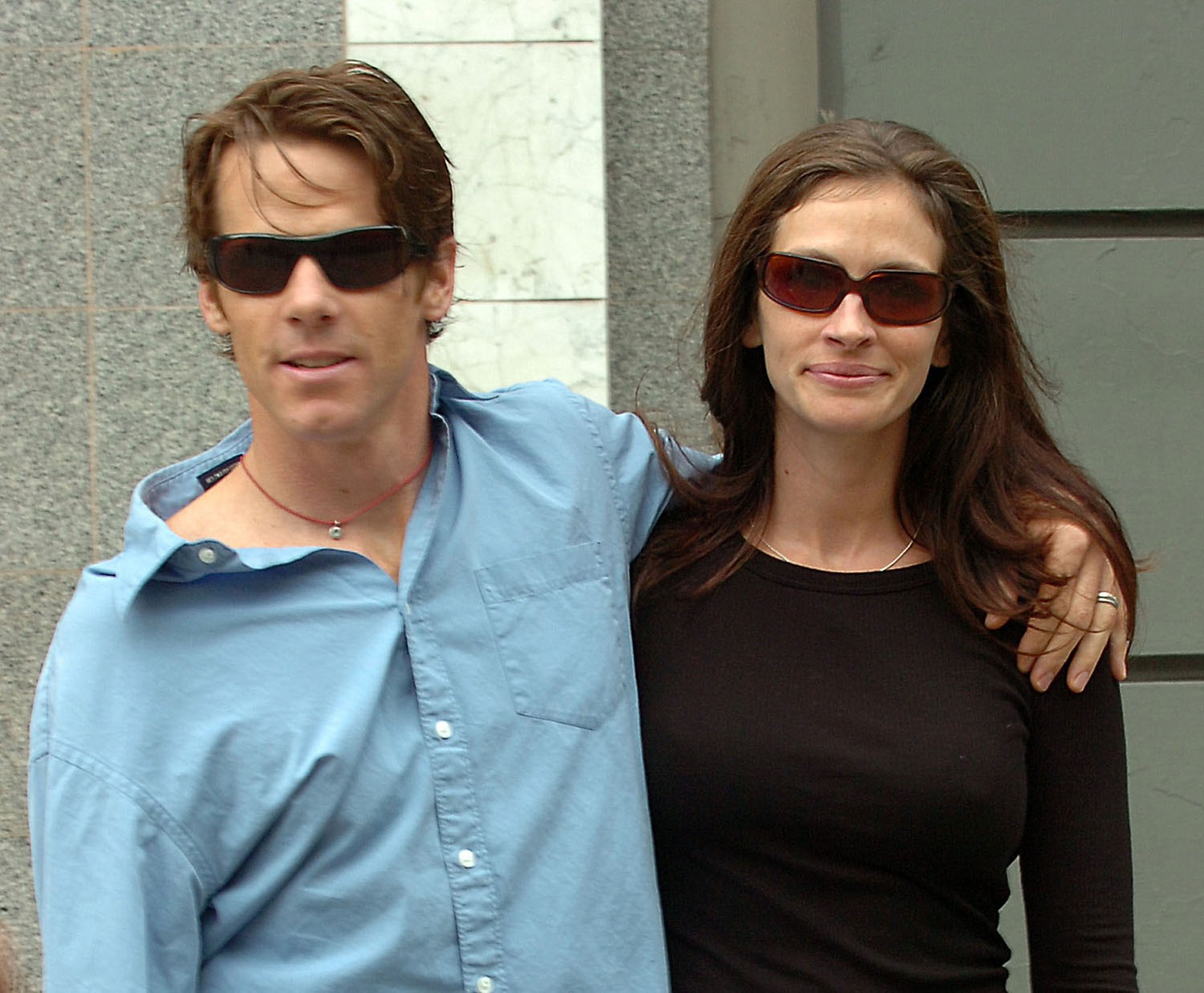Julianne Nicholson in Janet Planet



Pulitzer Prize-winning playwright Annie Baker makes her feature directorial debut with Janet Planet, a film in which “nothing happens” except, probably, the most consequential summer of a young girl’s life.
Set in 1991 in rural Massachusetts, the film follows eleven-year-old Lacy (newcomer Zoe Ziegler) and her mother, Janet (Julianne Nicholson, a That Gal actor you definitely recognize from somewhere). Lacy is almost oppressively clingy, and Janet, a woman trying to have her own life amidst raising a kid alone, alternates between indulging Lacy’s neediness and trying to push her into independence.
Ziegler gives an astounding performance for a kid, somehow being both annoying and sympathetic (like a real kid, not just a movie kid). Lacy struggles to make friends, leaves camp because she thinks everyone hates her, shows signs of a rich, creative inner life, and clings to her mother in a way that is either the last vestiges of early childhood, or the beginnings of a truly unhealthy codependency. Janet Planet doesn’t feel like Lacy looking back with fond nostalgia on this summer with her mom, it feels like Lacy in the moment, knowing she only has so much time and so much of her mom’s attention, and fighting for more. Why is left ambiguous—that Lacy loves her mother is obvious, but why so intently isn’t easily answerable. Baker, who also wrote the script, isn’t interested in answers so much as interactions.
The film falls into three sections defined by three interlopers into Lacy’s rural idyll with Janet. The first is Wayne (the always sublime Will Patton), an older man who suffers migraines and is put off by Lacy and Janet’s intimacy, which he thinks crosses proper parental boundaries. After Wayne comes Regina (Sophie Okonedo), a friend of Janet’s who has left her boyfriend and/or escaped a cult. Lastly arrives Avi (Elias Koteas), Sophie’s ex and possible cult leader cum theater director. All of these people represent Janet’s adult life as a woman and not just “Lacy’s mom”, and a threat to Lacy’s isolation with Janet.
Janet Planet looks incredible, shot on 16mm film by cinematographer Maria von Hausswolff, with a soundtrack filled with ambient nature noise. It’s meditative, or slow to the point of catatonic. This film lies entirely in the eye of the beholder, either you’re into Baker’s slow cinema vibes, or you’re not, in which case, Janet Planet will be dead boring. It’s too lyrical to feel like loosely connected scenes, in fact, Janet Planet feels very connected by Lacy and Janet’s relationship, the thing everyone eventually remarks upon. But it also doesn’t feel like Baker is super invested in arriving at a point, so much as she is immersing us in this world of academic hippies lingering on after the Berkshires’ heyday in the 1970s.
We’re invited to peer into the lives of this mother-daughter pair, to ponder familial bonds, the lines between good and bad parenting, and the emotional vampirism of precocious children. In another film, Lacy would be an adorable savant, in this film, having a kid with an “old soul” seems like a curse. Janet Planet does not romanticize this moment in Lacy’s childhood. Janet might not maintain the best boundaries with her daughter, but there is also real love there, and the film is most interested in the stew that bubbles between Janet and Lacy and their borderline codependency. It’s not as easy as “good” or “bad”, and the outcome isn’t certain. What IS certain is that Annie Baker has made a beautiful, ponderous film about family, or a total waste of time, depending on your taste for slow-moving, intimate dramas about regular people.
Janet Planet is now playing exclusively in theaters.






